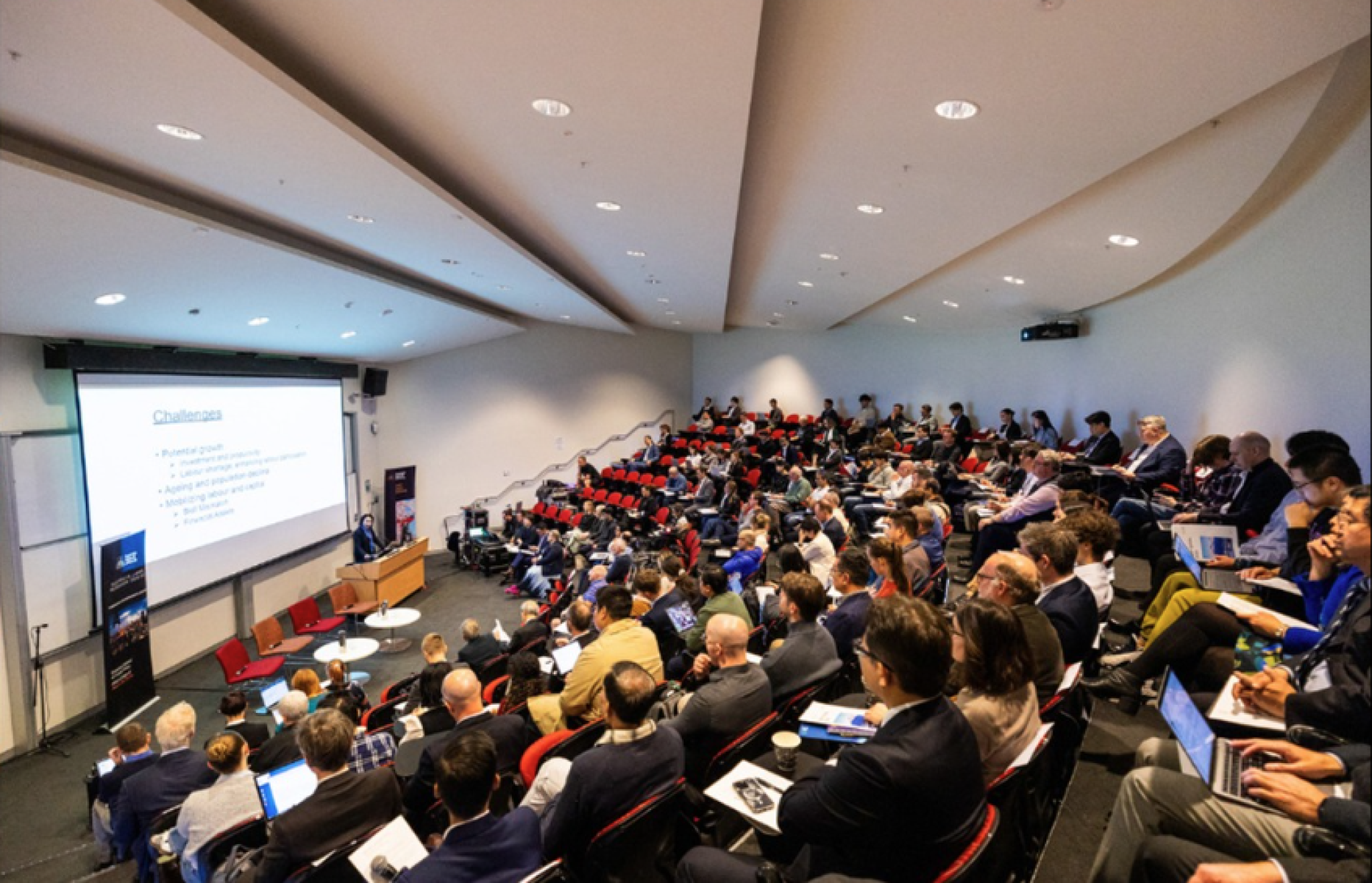Schools and Centres Pages
Off
Summary
Professor Ryo Sahashi from the University of Tokyo delivered the foreign policy keynote, offering a comprehensive analysis of Prime Minister Kishida’s foreign policy legacy and insights into Japan’s future diplomatic direction. The presentation highlighted significant shifts in Japan’s security posture and international engagements, contextualising these changes within broader regional dynamics.
- Kishida was characterised as a ‘Prime Foreign Minister’, leveraging his extensive experience as Foreign Minister under the Abe administration to shape Japan’s international relations.
- The keynote emphasised Kishida’s success in implementing substantial changes to Japan’s security policy, including increasing the defence budget to 2% of GDP and introducing strike capabilities.
- Japan’s economic security agenda has been significantly enhanced under Kishida, with new legislation and policies aimed at protecting critical technologies and supply chains.
- Kishida’s administration has successfully fostered multilateral security arrangements, particularly strengthening ties with Australia, India, the Philippines, and South Korea.
- The improvement in Japan-South Korea relations was noted as a significant achievement, facilitated by South Korean President Yoon’s more accommodating stance and US mediation.
- Professor Sahashi discussed the evolving nature of Japan’s security environment, highlighting concerns about China, Russia, and North Korea’s increasing military cooperation.
- The keynote touched on Japan’s efforts to balance deterrence strategies with the need for de-escalation policies in the region.
- Sahashi explored the potential foreign policy approaches of Kishida’s successors, suggesting that most candidates would likely continue the current foreign policy trajectory.
- The presentation highlighted the growing importance of economic security in Japan’s foreign policy calculations, including efforts to secure critical supply chains.
- Professor Sahashi concluded by emphasising the need for Japan to prepare for various geopolitical scenarios, including potential changes in US foreign policy, and to consider developing new strategic doctrines beyond the traditional Yoshida Doctrine.
